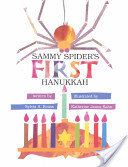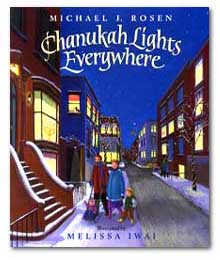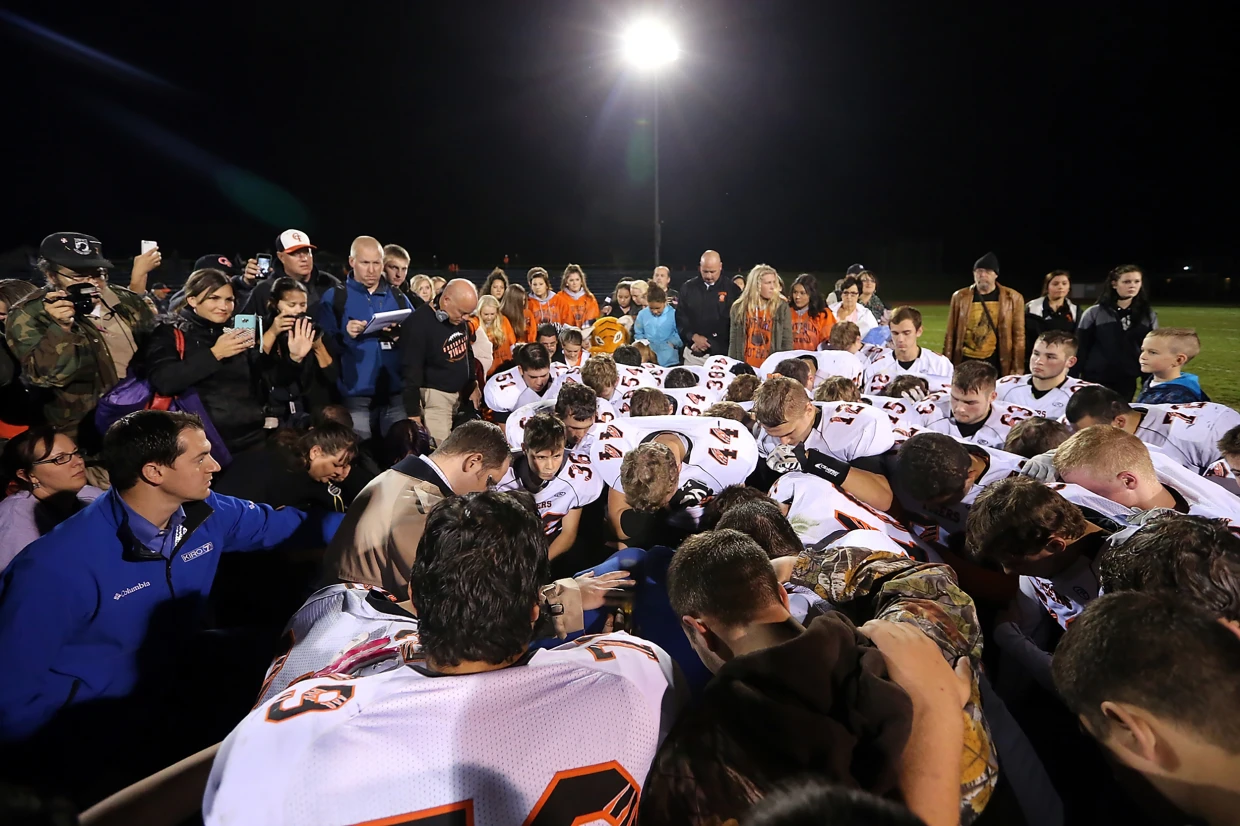February 20, 2012
Our stack of Jewish children’s books has begun to outgrow its original home, a cheap basket I bought at a local store. Books on Jewish themes turn up next to Dr. Seuss, Curious George, and Corduroy.
I look at my 4-year-old son Simon’s Jewish book collection and realize how lucky he and I both are. As a child, he has an easy, fun way to learn about Judaism and grow a Jewish identity. As a mother, I can teach my child about Judaism and learn beside him.
A recent article in The Forward by Deborah Kolben complained about a dearth of quality in Jewish children’s literature. I’m such a novice at reading Jewish children’s books so I cannot make the same complaint. I continually find gems.
I grew up unobservant in towns where there were few Jews and little access to Jewish books. I never until recently heard of K’Ton Ton, the character of the 1935 classic, “The Adventures of K’Ton Ton.” I have yet to read that book that apparently set the stage for authors to write more books that made Jewish children laugh and develop pride in themselves and their religion.
I didn’t set out to build a huge Jewish book collection for my son. Our family receives a free Jewish book a month from the PJ Library, started by philanthropist Harold Grinspoon. Sparked by my son’s questions about a holiday or tradition, I buy books with Jewish themes or borrow them from our temple or library.
Kolben writes eloquently about what she wants for her 2-year-old daughter’s Jewish book collection: “I’d like to see more Jewish children’s books that manage to teach Jewish lessons with a Jewish sense of humor, that give my kid a sense of community.” I want that but I also want what I have already discovered in the Sammy the Spider series by children’s author Sylvia Rouss and in Chanukah Lights Everywhere, written by Michael J. Rosen and illustrated by Melissa Iwai. Those books give my son an important reality check. He does not live in a Jewish bubble nor will he ever during childhood, given our choice to send him to a non-Jewish preschool and public schools.
Sammy the Spider, the star of the series by the same name, is not Jewish, and Rouss uses the same gimmick repeatedly. Sammy does not celebrate Hanukkah, Passover, Purim, or observe Shabbat. He spins webs. The family in the house where Sammy lives is Jewish. The books always send a similar message. Not everyone is Jewish. That is okay. We can teach our non-Jewish friends about our holidays, and we can learn from them.
Chanukah Lights Everywhere seems simplistic on the surface. Rosen writes it through the eyes of a 5-year-old boy as he and his family observe each night of Hanukkah. Where the story really picks up for me is on the sixth night. The boy’s family takes a walk.
“And guess what?” writes Rosen, “Six other houses have menorahs gleaming in their window.”
The next night, the boy’s family drives past his best friend’s house; the boy notices one bulb burning in each window in celebration of Christmas.
“Dad says that Chanukah is also about the joy of different religions sharing a street,” writes Rosen.
Simply, beautifully, this author explains what is often so hard for parents to get across to their children: Some people celebrate Hanukkah. Some people celebrate Christmas. And that is the way it is.
I’m optimistic about the state of Jewish children’s literature. There are some inane books out there that are akin to sitting through a Sunday school class and having someone tell you the basic information about a holiday or tradition. But many authors have found a way to engage my son with fun, silly, and serious stories about his faith. What catches his fancy changes by year or sometimes, even by month. When he was 2, Simon fell in love with a book that illustrated the lyrics to Sunrise, Sunset. My husband and I both love to sing, and that song and book became a part of our good night routine for months. Was that book great children’s literature? No. But it accomplished something important. It connected us as a Jewish family.







Pingback: Jewish Book Carnival
I agree, Linda. Based on what I’ve seen, I’m pretty optimistic, too.
Linda, I’m glad to hear that your family is finding Jewish kidlit that is fulfilling for you. I also disagreed with Kolben’s argument, and I’ve been immersed in the genre for years. I hope you’ll take a look at the response I posted to the Kolben article, and maybe leave your own comments, at http://www.jewishbooks.blogspot.com/2012/02/response-to-jewish-kidlit-article-in.html.
P.S. I love that Sunrise, Sunset book too! Illustrated songs make for wonderful reading together!